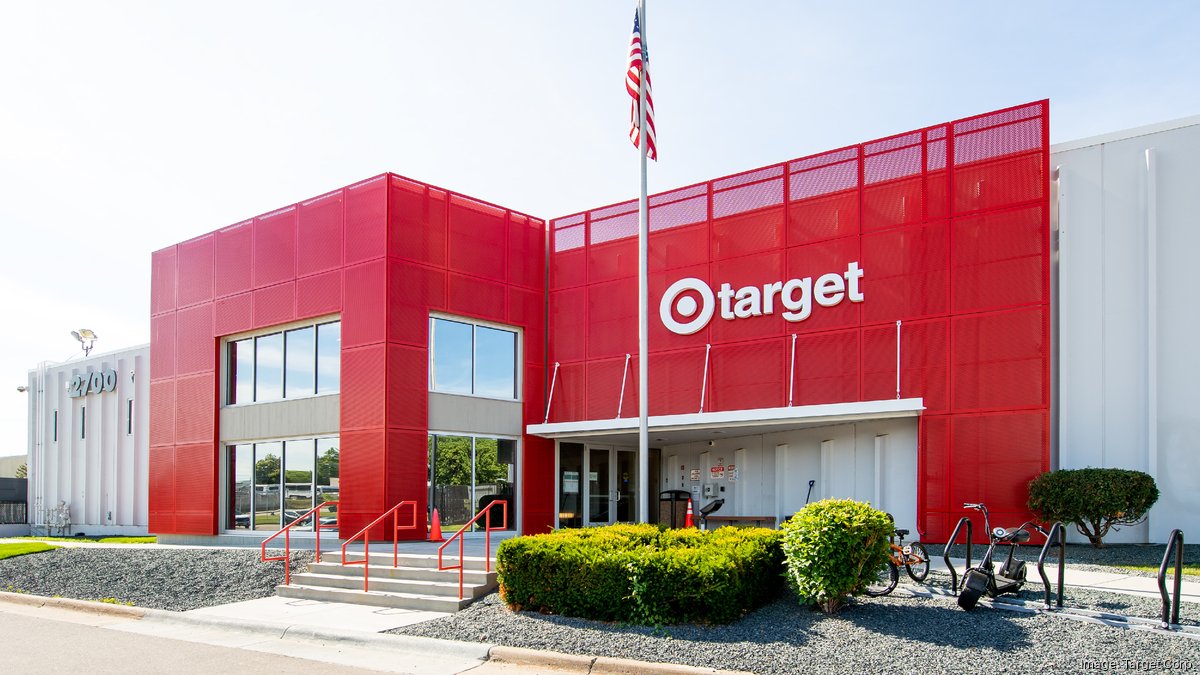
Denzel Washington, a distinguished actor known for his powerful performances and unwavering principles, recently made headlines by declining a $10 million sponsorship offer from Target. His reason for this surprising decision? “I’m not saving your woke brand,” he reportedly stated, sparking a conversation about the intersection of celebrity influence, corporate responsibility, and the evolving definition of what it means to be “woke.”
In recent years, many corporations have adopted progressive stances on social issues, often branding themselves as champions of diversity, equity, and inclusion. While some of these efforts are genuine, critics argue that many are superficial attempts to capitalize on social movements without enacting meaningful change. This practice, often referred to as “woke-washing,” sees companies aligning with popular social causes more for profit than principle.
Denzel Washington’s rejection of Target’s offer can be seen as a critique of this phenomenon. Known for his authenticity both on and off-screen, Washington has never been one to shy away from expressing his beliefs. By turning down such a substantial amount of money, he sends a strong message about the value of integrity over financial gain. His stance suggests a call for companies to engage in genuine, substantive actions rather than hollow gestures designed to enhance their public image.
Target, a retail giant, has been actively promoting its commitment to social justice issues, including initiatives supporting racial equality, LGBTQ+ rights, and sustainable practices. However, Washington’s rebuff implies skepticism towards the sincerity of these efforts. It raises important questions about the role of celebrities in endorsing brands and whether their participation genuinely reflects their values or merely serves corporate interests.
This incident also highlights the increasing expectation for public figures to align their endorsements with their personal beliefs. In an era where consumers are more socially conscious than ever, the authenticity of celebrity endorsements is under greater scrutiny. Washington’s decision sets a precedent, challenging both his peers and corporations to prioritize genuine commitment over lucrative deals.
Furthermore, Washington’s actions underscore a broader cultural shift. As society becomes more attuned to issues of social justice and corporate responsibility, the demand for authenticity grows. Consumers and influencers alike are calling for transparency and meaningful action rather than superficial declarations. This shift is pressuring companies to reconsider their strategies and align their practices with their stated values.
In conclusion, Denzel Washington’s decision to decline a $10 million sponsorship offer from Target is more than a personal choice; it’s a powerful statement on the current state of corporate activism and celebrity endorsements. His refusal to “save” a brand he perceives as engaging in “woke-washing” underscores the need for genuine commitment to social causes. As consumers and celebrities continue to hold corporations accountable, the era of performative activism may soon give way to more authentic and impactful efforts. Washington’s stance serves as a reminder that integrity and authenticity are invaluable, even in the face of substantial financial incentives.
:max_bytes(150000):strip_icc():focal(749x0:751x2)/denzel-washington-6-323d5d04f15c4316b04418e2910eceba.jpg)
